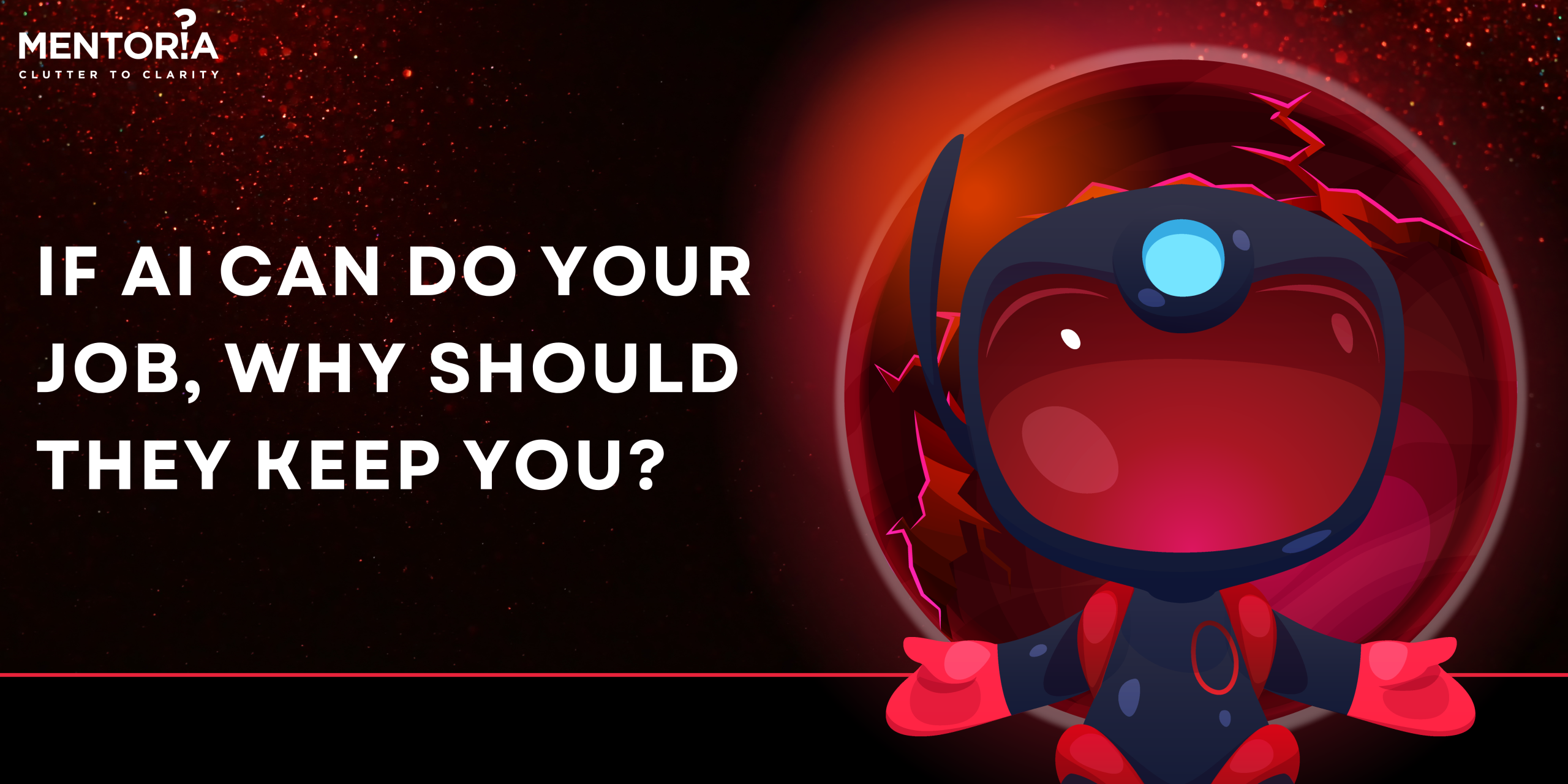Unleash Your Potential: 8 Essential Tips To Excel As An IES Officer

Jump to Section
Welcome to a world where engineering expertise meets administrative prowess, where you have the power to shape the nation’s infrastructure and economy. As you embark on the journey of becoming an Indian Engineering Services (IES) officer, it’s essential to equip yourself with the knowledge and skills needed to excel in this prestigious role. In this blog, we’ll unravel eight essential tips that will guide you towards success as an IES officer. From mastering the examination process to honing your leadership and decision-making abilities, we’ll provide you with the insights and strategies to thrive in this dynamic and impactful career. So, gear up, unleash your potential, and let’s dive right into the exciting world of being an IES officer!
Crack The Examination Code: Acing The IES Exam
The IES examination is the gateway to becoming an officer, and competition is fierce. Did you know that less than 1% of applicants pass the rigorous selection process? We’ll share invaluable tips on effective study techniques, time management, and exam strategies to help you conquer the IES examination with confidence.
- Develop a well-structured study plan: Create a detailed study plan that covers all subjects and topics, allocating sufficient time for each. Set realistic goals and milestones to track your progress.
- Practice with mock tests: Regularly take mock tests and previous years’ question papers to familiarise yourself with the exam pattern and improve time management skills.
- Seek guidance from mentors and experts: Join coaching classes or online forums to get guidance from experienced mentors and subject matter experts who can provide valuable insights and tips for the IES examination.
Develop Strong Technical Expertise: Mastering The Engineering Domain
As an IES officer, you’ll be responsible for overseeing engineering projects of national importance. Building a solid foundation in your engineering discipline is crucial. We’ll explore how continuous learning, staying updated with advancements, and gaining practical experience will elevate your technical expertise to new heights.
- Pursue advanced education and certifications: Consider pursuing post-graduate degrees or specialised certifications in your engineering discipline to enhance your technical knowledge and expertise.
- Engage in real-world projects: Seek internships or volunteering opportunities to gain practical experience and apply your engineering knowledge to real-world challenges.
- Stay updated with industry trends: Follow industry publications, attend seminars, and participate in conferences to stay updated with the latest advancements and emerging technologies in your field.
Sharpen Your Administrative Skills: Balancing Engineering And Management
Being an IES officer is not just about technical knowledge; it’s also about effective administration and management. You’ll be involved in project planning, resource allocation, and coordination with various stakeholders. We’ll provide you with insights on developing crucial administrative skills, including communication, leadership, and decision-making.
- Take leadership roles in extracurricular activities: Participate in student organisations or community projects that require leadership and organisational skills to develop and showcase your administrative abilities.
- Attend workshops and training programs: Seek out workshops or training sessions focused on leadership, communication, and decision-making to improve your administrative competencies.
- Learn from experienced administrators: Engage with experienced administrative professionals to learn from their experiences and gain insights into effective management strategies.
Adapt To Dynamic Work Environments: Navigating Diverse Projects
IES officers work on a wide range of projects, spanning transportation, energy, water resources, and more. Each project presents unique challenges and requires adaptability. We’ll explore how embracing change, fostering teamwork, and maintaining a problem-solving mindset will help you thrive in dynamic work environments.
- Embrace change with a positive attitude: Be open to embracing new challenges and changes in project requirements. Maintain a positive mindset to adapt quickly to evolving situations.
- Foster teamwork and collaboration: Encourage open communication and collaboration among team members to effectively address challenges and overcome obstacles together.
- Learn from past experiences: Reflect on past projects and experiences to identify valuable lessons and best practices that can be applied to new and diverse projects.
Uphold Ethics And Integrity: The Pillars Of Public Service
As an IES officer, you’ll hold a position of public trust. Upholding ethics and integrity is paramount. Did you know that 80% of citizens consider honesty and integrity as essential traits for public officials? We’ll delve into the importance of ethical conduct, transparency, and maintaining public trust throughout your career.
- Be transparent in decision-making: Ensure that your decisions are transparent, well-reasoned, and free from any conflicts of interest to maintain trust and credibility.
- Seek guidance from ethical mentors: Surround yourself with ethical role models who can provide guidance and support in upholding values and integrity.
- Act as a role model for others: Lead by example and demonstrate ethical behaviour in all aspects of your work, inspiring others to do the same.
Communicate Effectively: Building Bridges With Stakeholders
IES officers regularly interact with government officials, engineers, contractors, and the public. Effective communication is key to ensuring smooth collaboration and project success. We’ll share tips on active listening, clear articulation, and building strong relationships with stakeholders.
- Develop active listening skills: Listen attentively to understand the needs and concerns of stakeholders, making them feel valued and heard.
- Use clear and concise language: Communicate complex engineering concepts in simple terms, ensuring that all stakeholders can easily comprehend the information.
- Be approachable and responsive: Encourage open communication by being approachable and responsive to questions, feedback, and concerns from stakeholders.
Embrace Lifelong Learning: Staying Ahead In A Dynamic Field
Engineering is an ever-evolving field, and as an IES officer, continuous learning is crucial. We’ll explore the importance of staying updated with technological advancements, attending professional development programs, and nurturing a curious mindset to ensure you remain at the forefront of the engineering industry.
- Engage in continuous professional development: Attend workshops, seminars, and webinars to stay updated with the latest advancements and industry trends in engineering.
- Join professional organisations: Become a member of engineering societies and organisations that offer resources, networking opportunities, and access to the latest research in your field.
- Pursue higher education opportunities: Consider pursuing doctoral or research-based programs to delve deeper into specific areas of interest and contribute to the advancement of your field.
Navigate The Complexities Of Government Procedures And Policies
Working as an IES officer involves navigating the intricate web of government procedures, policies, and regulations. Understanding the bureaucratic framework and effectively manoeuvring through it is crucial for successful project implementation. We’ll delve into the intricacies of government procedures, share insights on how to stay updated with policies, and provide strategies for effectively navigating the bureaucratic landscape. From understanding the legal framework to building relationships with key government officials, you’ll gain the tools to navigate these complexities and ensure efficient project execution.
- Understand government guidelines and regulations: Familiarise yourself with government policies, procedures, and guidelines relevant to engineering projects to ensure compliance and adherence.
- Build strong relationships with government officials: Establish positive relationships with key government officials and stakeholders to facilitate smoother project approvals and coordination.
- Stay updated with changing policies: Regularly monitor updates and changes in government policies and regulations to adapt your project plans accordingly and avoid potential delays.
Crack The IES Exam With Mentoria!
You’re now armed with eight essential tips to excel as an IES officer. By cracking the examination code, mastering technical expertise, honing administrative skills, adapting to dynamic work environments, upholding ethics and integrity, communicating effectively, embracing lifelong learning, you’re on the path to a successful and impactful career. As an IES officer, you’ll contribute to the nation’s growth, infrastructure development, and economic progress. With consistent dedication, hard work, and a passion for public service, you can make a lasting impact and become a role model for future generations. So, gear up, unleash your potential, and embark on this exciting journey of becoming an IES officer. The nation awaits your expertise and leadership!
We’re here to provide you with all the help! Kick-start your journey with Mentoria and discover the right fit for you. Feel free to call us to speak to our career mentors and choose the right guidance plan that suits your needs.
Mentoria’s career guidance programme enables you to choose your perfect fit from 3 streams, 850+ courses, and 12,000+ careers, and discover what will bring out the best in you.









